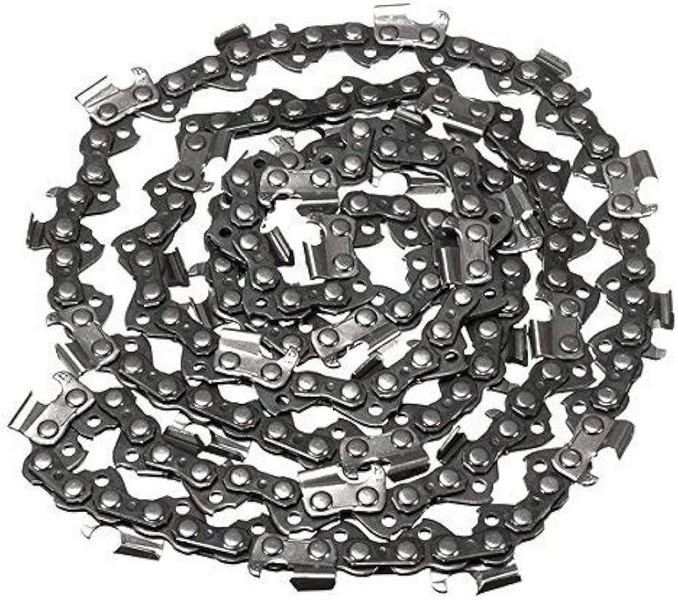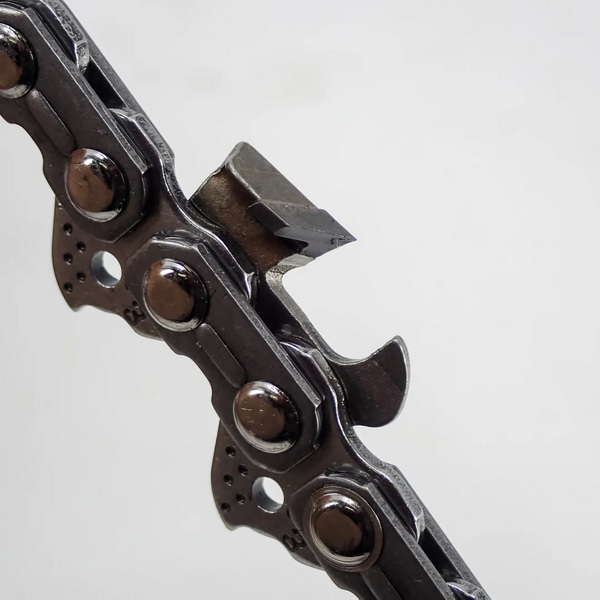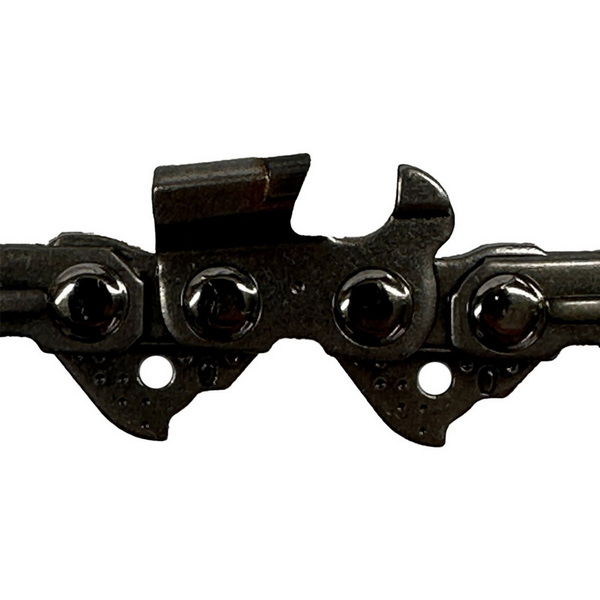Content Menu
● Overview of Tungsten Carbide Inserts Products
● Main Types of Tungsten Carbide Inserts Products
>> Turning Inserts
>> Milling Inserts
>> Drilling Inserts
>> Grooving and Parting Inserts
>> Threading Inserts
>> Special Purpose Inserts
● Industrial Applications of Tungsten Carbide Inserts Products
>> Automotive Industry
>> Aerospace Industry
>> Medical Industry
>> Oil & Gas Industry
>> Mining Industry
>> Construction Industry
● Material Properties and Advantages
>> High Hardness
>> Exceptional Toughness
>> Superior Wear Resistance
>> Thermal Conductivity
>> Corrosion Resistance
● Shapes and Designs of Tungsten Carbide Inserts Products
>> Common Geometries
>> Advanced Designs
● Manufacturing and Customization
>> Customization Options
● Benefits of Using Tungsten Carbide Inserts Products
>> Extended Tool Life
>> Improved Productivity
>> Superior Surface Finish
>> Cost-Effectiveness
>> Versatility
● Advanced Coating Technologies
>> Common Coating Types
>> Benefits of Coatings
● Maintenance and Handling Tips
>> Storage
>> Handling
>> Inspection
● Future Trends in Tungsten Carbide Inserts Products
>> Nanocrystalline Carbides
>> Smart Inserts
>> Sustainable Manufacturing
● Conclusion
● FAQ
>> 1. What are tungsten carbide inserts products?
>> 2. What are the main types of tungsten carbide inserts products?
>> 3. Which industries use tungsten carbide inserts products?
>> 4. What are the advantages of using tungsten carbide inserts products?
>> 5. Can tungsten carbide inserts products be customized?
Tungsten carbide inserts products are central to modern industrial success, offering unmatched durability, precision, and versatility. As a high-tech enterprise specializing in the research, development, production, and sales of carbide products, we recognize the immense value these inserts bring to manufacturing, defense, metallurgy, oil drilling, mining, and construction. This guide explores the most common types of tungsten carbide inserts products, their features, applications, and the advantages they provide across a spectrum of industries.

Overview of Tungsten Carbide Inserts Products
Tungsten carbide inserts products consist of fine tungsten carbide particles embedded in a cobalt matrix. This unique combination grants them extraordinary hardness and wear resistance, making them ideal for demanding machining tasks. Their versatility allows them to be used in turning, milling, drilling, grooving, threading, and specialized custom applications. Tungsten carbide inserts products are often chosen for their ability to maintain sharp cutting edges even under extreme conditions, reducing downtime and boosting productivity.
Main Types of Tungsten Carbide Inserts Products
Turning Inserts
Turning inserts are among the most frequently used tungsten carbide inserts products. Commonly shaped as triangles (TNMG, CNMG, DNMG), these inserts are designed for general turning and profiling operations. They deliver smooth, precise cuts and are suitable for both roughing and finishing processes. Turning inserts are valued for their ability to retain edge integrity over long machining cycles, minimizing the need for frequent replacements and enhancing overall efficiency. Their robust design also makes them suitable for interrupted cuts and tough materials.
Milling Inserts
Milling inserts, typically square or rectangular (APKT, SEKT, RDHT), are engineered for face milling and shoulder milling applications. These tungsten carbide inserts products excel at creating flat surfaces and intricate profiles on workpieces. Their sturdy construction and high wear resistance allow them to endure the substantial cutting forces encountered in milling operations, resulting in superior surface finishes and prolonged tool life. Milling inserts are also available in various geometries to accommodate different milling strategies and materials.
Drilling Inserts
Drilling inserts, usually round or specially shaped (RCMX, SOMT), are designed for drilling and boring tasks. These tungsten carbide inserts products are essential in industries requiring precise hole creation, such as automotive, aerospace, and oilfield services. Their high hardness and thermal stability ensure efficient material removal, even in tough alloys and composites. Drilling inserts are often used in conjunction with advanced tool holders and coolant systems to maximize performance and tool longevity.
Grooving and Parting Inserts
Grooving and parting inserts, featuring unique geometries (GTN, GCN, GRM), are tailored for creating grooves, slots, and separating parts. These tungsten carbide inserts products are critical in manufacturing processes where precise width and depth control are required. Their sharp edges and robust construction ensure clean, burr-free cuts, even in challenging materials. Grooving inserts are also available in various widths and corner radii to accommodate specific application needs.
Threading Inserts
Threading inserts, typically V-shaped (16ER, 16IR, 11IR), are used for internal and external threading operations. These tungsten carbide inserts products are vital for producing accurate, high-quality threads on shafts, pipes, and other components. Their precision-ground edges and wear-resistant properties make them ideal for repetitive threading tasks in mass production environments. Threading inserts are available in multiple thread profiles and sizes to match industry standards.
Special Purpose Inserts
Special purpose inserts are custom-designed tungsten carbide inserts products for unique or highly specialized applications. These include inserts for woodworking, aerospace components, medical devices, and more. Their geometries and material compositions are tailored to meet the specific demands of each industry, ensuring optimal performance and longevity. Special purpose inserts may feature advanced coatings or unique edge preparations to enhance their suitability for niche applications.
Industrial Applications of Tungsten Carbide Inserts Products
Tungsten carbide inserts products are indispensable across a wide range of industries due to their superior performance and reliability.
Automotive Industry
In the automotive sector, tungsten carbide inserts products are used to manufacture engine components, transmission parts, and fasteners. Their high precision and durability ensure that critical parts meet stringent quality standards. The ability to maintain tight tolerances and produce smooth finishes makes these inserts essential for modern automotive production lines.
Aerospace Industry
The aerospace industry relies on tungsten carbide inserts products for machining structural components, turbine blades, and landing gear parts. The exceptional wear resistance and thermal stability of these inserts enable them to handle the demanding requirements of aerospace materials, such as titanium and nickel-based alloys. Consistent performance and long tool life are crucial in this high-stakes environment.
Medical Industry
In the medical field, tungsten carbide inserts products are used to produce surgical instruments and implants. These applications require biocompatible materials and ultra-precise machining to ensure patient safety and device reliability. The sharpness and wear resistance of tungsten carbide inserts products make them ideal for creating intricate medical components with tight tolerances.
Oil & Gas Industry
The oil and gas industry utilizes tungsten carbide inserts products in drilling equipment, pipeline components, and downhole tools. These inserts must withstand harsh environments, including high pressures, abrasive materials, and corrosive fluids. The toughness and resistance of tungsten carbide inserts products make them well-suited for these challenging conditions.
Mining Industry
Mining and tunneling tools, such as drill bits and cutting picks, rely on tungsten carbide inserts products for their hardness and impact resistance. These inserts enable efficient material removal in hard rock and abrasive environments, reducing downtime and maintenance costs. The ability to withstand heavy loads and repetitive impacts is critical in mining operations.
Construction Industry
In construction, heavy machinery, tool bits, and demolition equipment use tungsten carbide inserts products to withstand abrasive materials and rough working conditions. These inserts provide the durability and cutting performance needed to handle concrete, asphalt, and other tough materials encountered on construction sites.

Material Properties and Advantages
Tungsten carbide inserts products are distinguished by several key material properties that set them apart from traditional tool steels.
High Hardness
Tungsten carbide inserts products typically exhibit hardness values ranging from 85 to 92 HRA, allowing them to maintain sharp cutting edges much longer than conventional tool materials. This high hardness is essential for machining hard and abrasive materials.
Exceptional Toughness
The cobalt binder in tungsten carbide inserts products provides excellent fracture resistance, enabling them to withstand heavy loads and impacts. This toughness is particularly important in applications involving interrupted cuts or variable material conditions.
Superior Wear Resistance
Tungsten carbide inserts products resist abrasion and wear, ensuring consistent performance over extended periods. This wear resistance translates to longer tool life and reduced replacement costs.
Thermal Conductivity
Efficient heat dissipation in tungsten carbide inserts products prevents overheating, even during high-speed machining. This property helps maintain dimensional stability and prolongs tool life.
Corrosion Resistance
Tungsten carbide inserts products are resistant to oxidation and chemical reactions, making them suitable for use in harsh environments. This resistance is particularly valuable in industries such as oil and gas, where tools are exposed to corrosive fluids.
Shapes and Designs of Tungsten Carbide Inserts Products
Tungsten carbide inserts products are available in a wide variety of shapes and designs to suit different applications.
Common Geometries
- Triangular: Ideal for turning and profiling operations.
- Square and Rectangular: Preferred for milling and face milling applications.
- Round: Used for drilling and boring tasks.
- V-Shaped: Essential for threading operations.
- Trapezoidal, Half-Round, Octagon, Oval, Shark, Star, and Custom Shapes: Tailored for specialized tasks such as wear protection, stabilizers, and unique machining requirements.
Advanced Designs
Modern tungsten carbide inserts products may feature advanced geometries, such as wiper edges for improved surface finish or chip breakers for better chip control. These innovations enhance performance and extend tool life in demanding applications.
Manufacturing and Customization
Tungsten carbide inserts products are manufactured using advanced metallurgical processes. Tungsten carbide powder is mixed with a cobalt binder, pressed into the desired shape, and sintered at high temperatures to achieve the required density and hardness.
Customization Options
- Cobalt Content: Adjusting the cobalt content (typically 8–10% minimum) can tailor the balance between hardness and toughness.
- Coatings: Selecting advanced coatings (such as TiN, TiAlN, or Al₂O₃) can enhance wear resistance and thermal stability.
- Geometries: Custom geometries can be developed to meet specific application requirements, ensuring optimal performance and longevity.
Benefits of Using Tungsten Carbide Inserts Products
The adoption of tungsten carbide inserts products offers numerous advantages for industrial operations.
Extended Tool Life
Reduced wear and chipping result in longer-lasting tools, minimizing downtime and replacement costs.
Improved Productivity
High cutting speeds and reduced downtime enhance operational efficiency, enabling faster production cycles.
Superior Surface Finish
Precision machining with tungsten carbide inserts products yields smoother, more accurate workpieces, reducing the need for secondary finishing operations.
Cost-Effectiveness
Despite higher initial costs, the longevity and performance of tungsten carbide inserts products lead to significant savings over time.
Versatility
Tungsten carbide inserts products are suitable for a wide range of materials and applications, from soft metals to hardened alloys and composites.
These images showcase the adaptability and performance of tungsten carbide inserts products across various industrial settings.
Advanced Coating Technologies
Beyond their core material properties, tungsten carbide inserts products can be enhanced with advanced coatings. These coatings provide additional layers of protection and performance benefits.
Common Coating Types
- TiN (Titanium Nitride): Offers excellent wear resistance and a distinctive gold color.
- TiAlN (Titanium Aluminum Nitride): Provides superior thermal stability and is ideal for high-temperature applications.
- Al₂O₃ (Aluminum Oxide): Enhances chemical stability and resistance to oxidation.
Benefits of Coatings
- Extended Tool Life: Coatings reduce friction and wear, prolonging the life of tungsten carbide inserts products.
- Improved Surface Finish: Smoother cutting action results in better workpiece quality.
- Enhanced Thermal Resistance: Coatings help dissipate heat, reducing the risk of thermal damage.
Maintenance and Handling Tips
To maximize the performance and longevity of tungsten carbide inserts products, proper maintenance and handling are essential.
Storage
Store tungsten carbide inserts products in a dry, controlled environment to prevent oxidation and contamination.
Handling
Handle inserts with care to avoid chipping or damage to the cutting edges. Use appropriate tool holders and mounting systems.
Inspection
Regularly inspect tungsten carbide inserts products for signs of wear or damage. Replace inserts as needed to maintain optimal cutting performance.
Future Trends in Tungsten Carbide Inserts Products
The future of tungsten carbide inserts products is shaped by ongoing advancements in materials science and manufacturing technology.
Nanocrystalline Carbides
Emerging technologies, such as nanocrystalline carbides, promise even greater hardness and toughness for next-generation tungsten carbide inserts products.
Smart Inserts
Integration of sensors and IoT technology may enable real-time monitoring of tool wear and performance, optimizing machining processes and reducing downtime.
Sustainable Manufacturing
Efforts to reduce the environmental impact of tungsten carbide inserts products include recycling programs and the development of eco-friendly manufacturing processes.
Conclusion
Tungsten carbide inserts products are the backbone of modern machining and industrial operations. Their exceptional hardness, toughness, and wear resistance make them indispensable for a wide range of applications, from automotive and aerospace to oil drilling and mining. By understanding the different types, shapes, and benefits of tungsten carbide inserts products, industries can optimize their machining processes, improve product quality, and achieve greater operational efficiency. As technology advances, the demand for customized, high-performance tungsten carbide inserts products will continue to grow, driving innovation and excellence across the global manufacturing landscape.

FAQ
1. What are tungsten carbide inserts products?
Tungsten carbide inserts products are replaceable cutting tools made from a combination of tungsten carbide and cobalt, designed for high-precision machining and durability in various industries.
2. What are the main types of tungsten carbide inserts products?
The main types include turning, milling, drilling, grooving, threading, and special purpose inserts, each tailored for specific machining tasks and applications.
3. Which industries use tungsten carbide inserts products?
Industries such as automotive, aerospace, medical, oil & gas, mining, and construction rely on tungsten carbide inserts products for their hardness, wear resistance, and versatility.
4. What are the advantages of using tungsten carbide inserts products?
Advantages include extended tool life, improved productivity, superior surface finish, cost-effectiveness, and versatility across a wide range of materials and applications.
5. Can tungsten carbide inserts products be customized?
Yes, tungsten carbide inserts products can be customized in terms of geometry, cobalt content, and coating to meet specific application requirements and enhance performance.
















